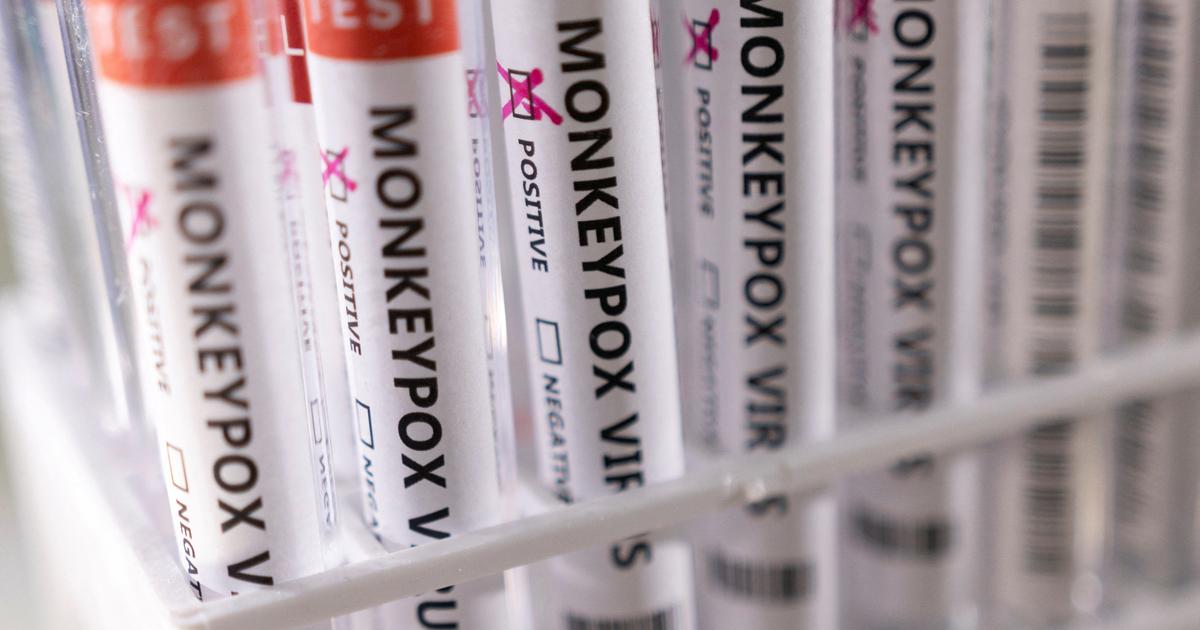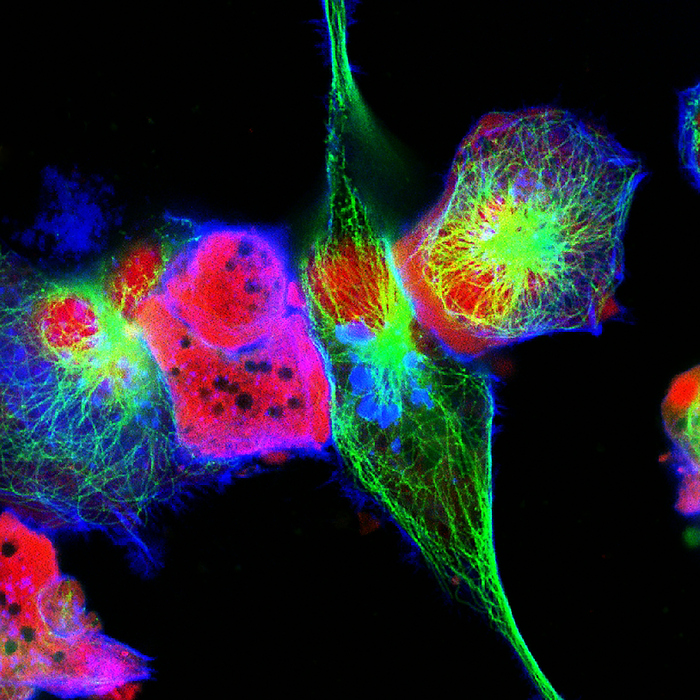Studies are underway to determine whether genetic mutations in the monkeypox virus are behind the rapid spread of the disease, the World Health Organization (WHO) told AFP on Wednesday.
The two distinct clades or variants of the virus were called the Congo Basin (Central Africa) and West Africa clades, after the two regions where they are endemic.
On Friday, the WHO renamed these groups Clade I and Clade II respectively, in order to avoid any risk of geographical stigmatization.
Increase in infections
She also announced that clade II has two subclades, IIa and IIb, with viruses from the latter identified as the source of the current global epidemic.
On Wednesday, the WHO clarified that clades IIa and IIb are related and share a recent common ancestor – therefore IIb is not an offshoot of IIa.
"Looking at the genome, indeed there are some genetic differences between the viruses in the current outbreak and the older clade IIb viruses
," the WHO told AFP.
"However, nothing is known about the significance of these genetic changes, and research is ongoing to establish the effects (if any) of these mutations on disease transmission and severity."
“It is still early, both in the epidemic and in laboratory studies, to say whether the increase in infections could be due to the genome changes observed in the virus, or if it is due to factors related to the host (human)
,” according to the WHO.
An upsurge in monkeypox virus infections has been reported since early May outside endemic African countries.
The WHO declared an international public health emergency on July 23.
More than 35,000 cases in 92 countries, and 12 deaths, have been reported to WHO.
Almost all of the new cases are reported in Europe and the Americas.
The WHO has warned that its campaign to rename monkeypox could take
"several months"
.
For weeks, the organization has been concerned about the name, with experts believing it to be misleading.
Monkeypox was so named because the virus was first identified in monkeys bred for research in Denmark in 1958. However, the disease occurs most often in rodents, and the current epidemic is spread through human-to-human contact.
The WHO asked for the public's help in finding a new name and set up a website to collect suggestions.








/cloudfront-eu-central-1.images.arcpublishing.com/prisa/MTOHBDDWPFDTPBEOJ4TEBMTRWA.jpg)
